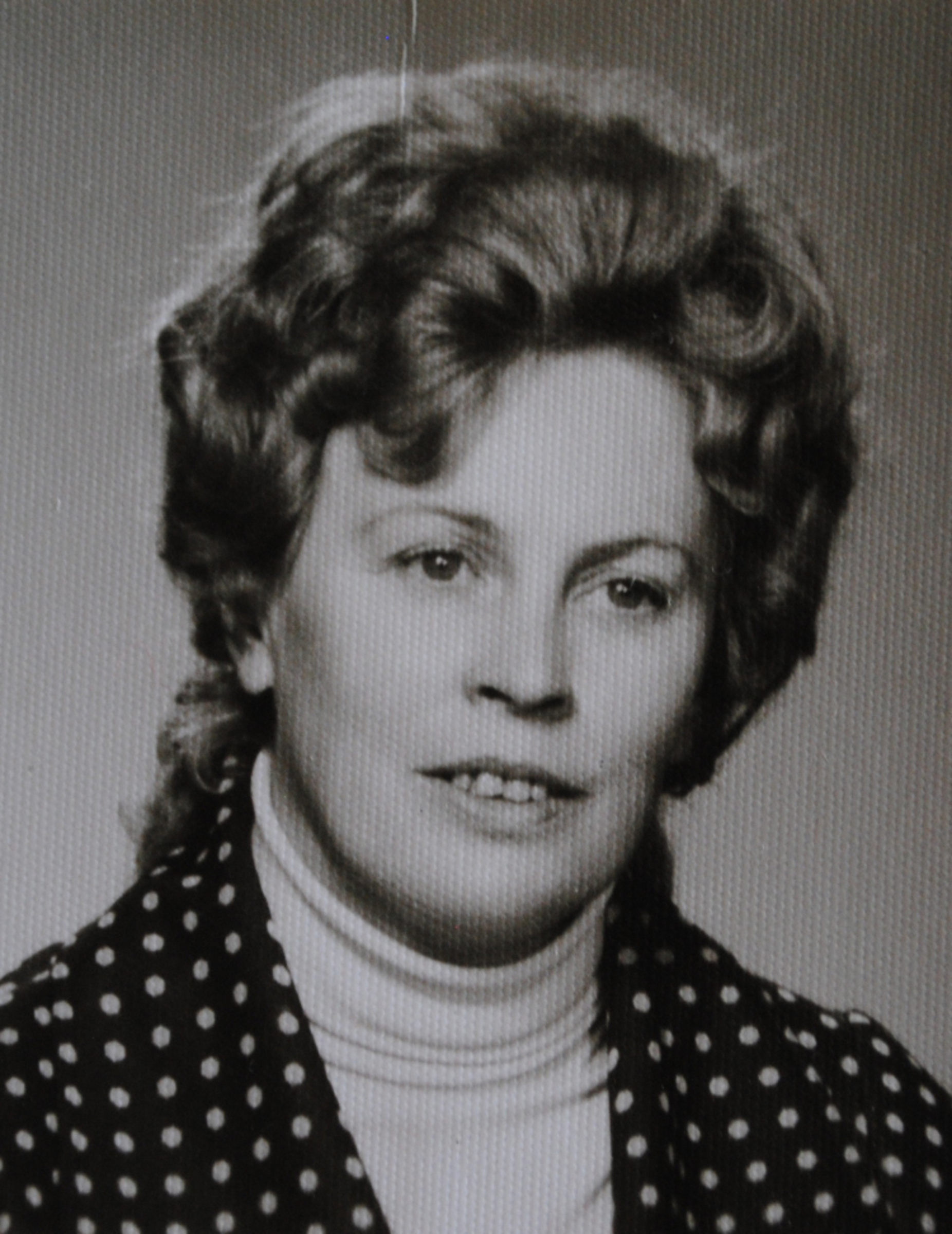I was standing on one side, they were on the other one and we were talking across the barrier

Download image
Margita Beranová, née Klarová, was born on 26th April, 1930 in Chomutov as the only child in a mixed marriage of a Czech man and a German woman. Her daddy worked as a head of train in railways and mum was at home making money linen bleaching. The first three years little Margita attended a Czech school in Chomutov, and other grades were German. After war she did a one-year course and apprenticed a shop assistant. She worked in a stationary shop, in a shopping centre and later as a civic employee at an army airport near Žatec, where she met her first husband, a pilot, who she followed to Prešov and later to Bechyně. He died at an aircraft accident and she returned to Chomutov. During work in a forest she met her second husband and raised two sons of her first marriage.











